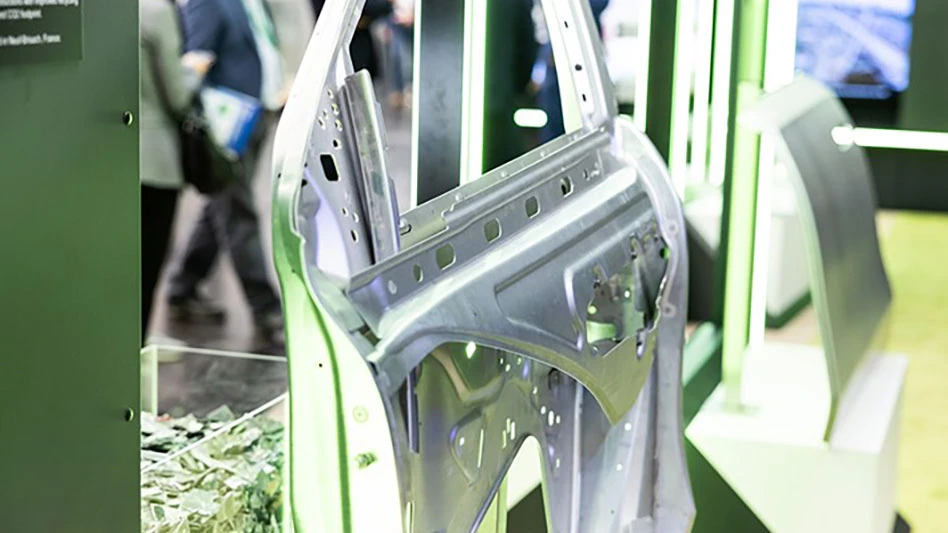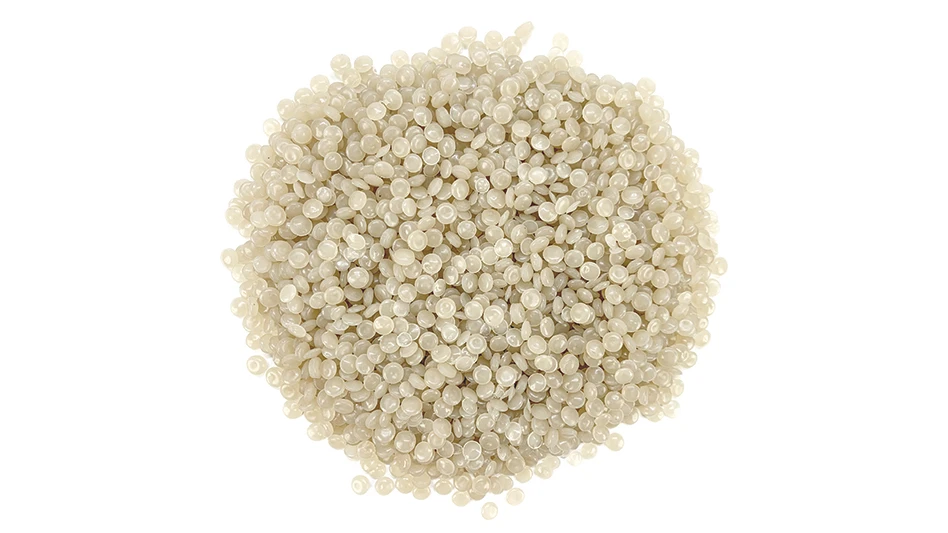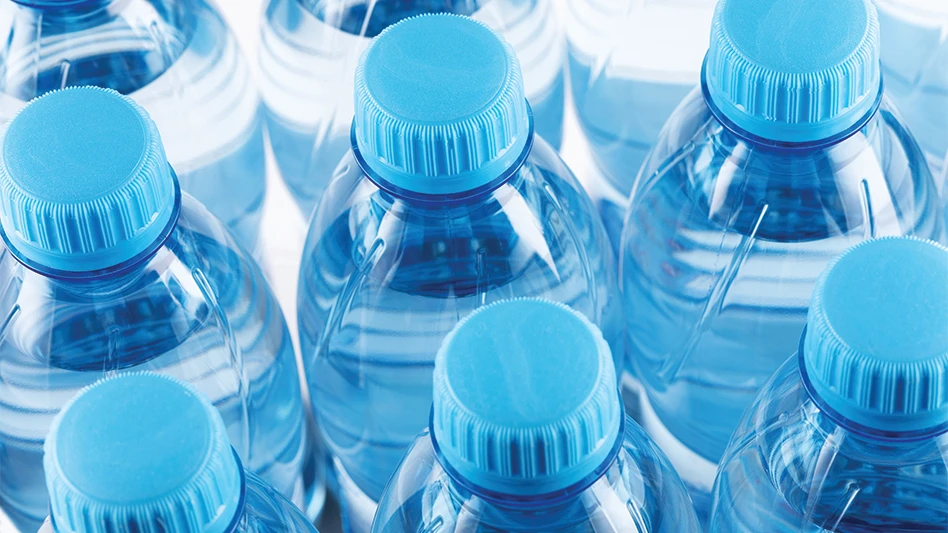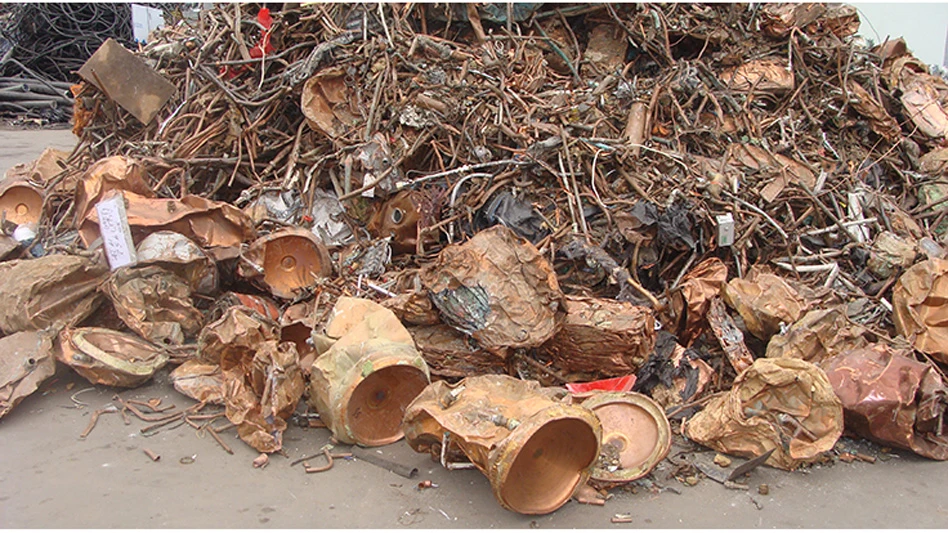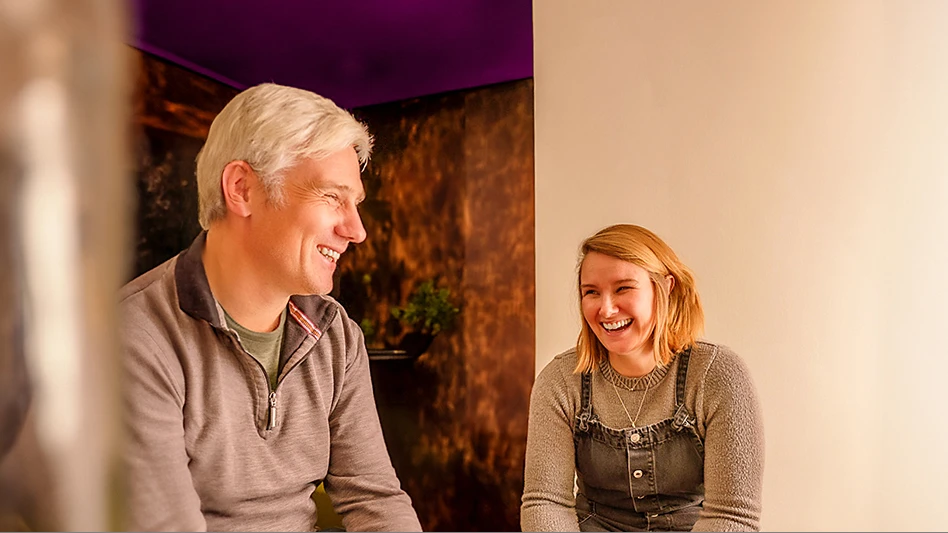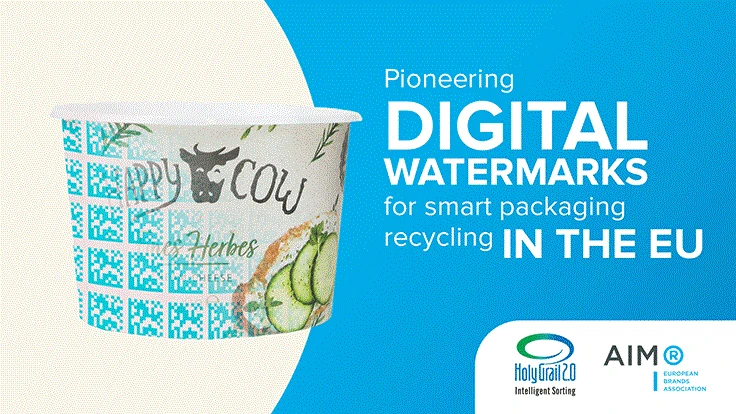
European Brands Association
The European Brands Association (AIM), Brussels, has launched HolyGrail 2.0, a pilot project aimed at proving the viability of digital watermarking technologies for accurately sorting recyclables. Since launching the project, more than 85 companies and organizations from the packaging value chain have signed up to assess whether such digital technology can enable better sorting and higher quality recycling of packaging in the European Union.
“One of the most pressing challenges in achieving a circular economy for packaging is to better sort postconsumer waste by accurately identifying packaging, resulting in more efficient and higher quality recycling,” AIM states. “Digital watermarks may have the potential to revolutionize the way packaging is sorted in the waste management system as it opens new possibilities that are currently not feasible with existing technologies.”
AIM reports that the discovery of digital watermarks was made under the New Plastics Economy program of the Ellen MacArthur Foundation, which investigated different innovations to improve postconsumer recycling. AIM says digital watermarks were found to be the most promising technology, gathering support among the majority of stakeholders and passing a basic proof of concept on a test sorting line.
AIM says the next phase for digital watermarking is a cross-value chain initiative, HolyGrail 2.0. The initiative will include the launch of an industrial pilot to prove the viability of digital watermarks for more accurately sorting packaging and producing higher quality recycling at large scale.
According to AIM, digital watermarks “are imperceptible codes, the size of a postage stamp, covering the surface of a consumer goods packaging. They can carry a wide range of attributes, such as manufacturer, SKU, type of plastics used and composition for multilayer objects, food versus nonfood usage, etc. The aim is that once the packaging has entered into a waste sorting facility, the digital watermark can be detected and decoded by a standard high-resolution camera on the sorting line, which then, based on the transferred attributes, is able to sort the packaging into corresponding streams.”
“The three key ingredients here are innovation, sustainability and digital combined to achieve the objective of the Green Deal towards a clean, circular and climate neutral economy,” says Michelle Gibbons, director general at AIM. “It is terrific to see such enthusiasm from across the industry and to be able to unite such expertise from the complete packaging value chain, from brand owners and retailers to converters, EPR (extended producer responsibility) schemes, waste management systems, recyclers and many more. Collaboration is the way forward to achieve the EU’s circular economy goals.”
Packaging companies are signing up to be part of AIM’s new initiative. Amcor, a firm based in Zurich, has joined HolyGrail 2.0. Amcor says it has committed to making all of its packaging recyclable or reusable by 2025. As part of that pledge, HolyGrail 2.0 and other pilot projects are helping to ensure that the recyclable packaging developed in the industry is retained in the value chain and can be reused for future products.
“At Amcor, we believe that active collaboration is a vital pathway for finding solutions, which is why we’re proud to lend our expertise to projects such as HolyGrail 2.0,” says Peter Konieczny, Amcor chief commercial officer. “This initiative is a clear example of how innovative technology and participation from stakeholders across the full value chain has the potential to improve recycling globally and protect the environment.”
Latest from Recycling Today
- HyProMag USA aims to develop rare earth magnet facility in US
- Machinex, PureCycle work together on plastics preprocessing facility
- Van Dyk partners with Reckelberg Environmental Technologies
- CRI submits comments to CalRecycle on CRV handling payments
- Cyclyx announces new CEO
- Basel changes to affect temperature exchange equipment treatment options
- ReMA urges resolution of port labor-management standoff
- SSAB, Stena Metall reach supply agreement

